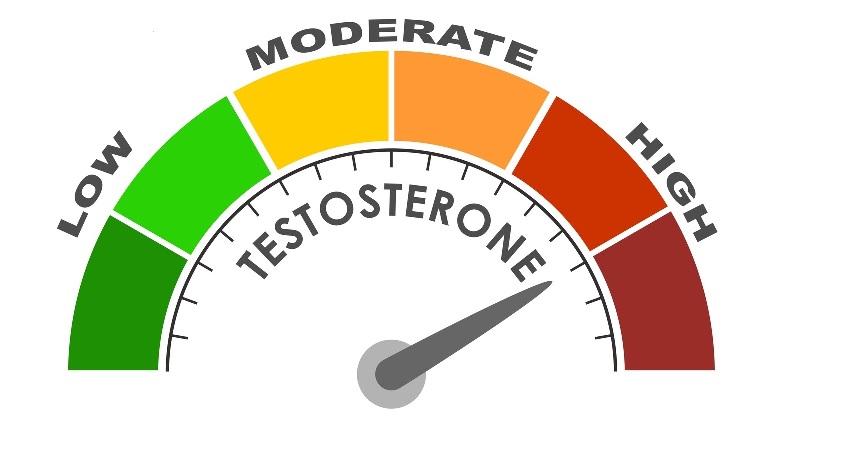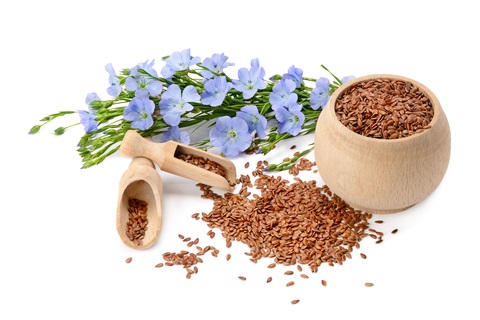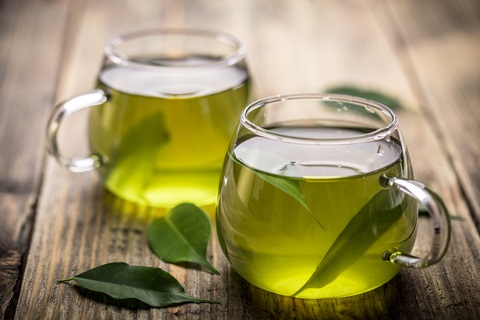

Why would you want to lower your testosterone levels?
Supplements and foods to lower blood levels of testosterone

- Licorice (Glycyrrhiza glabra): People also call it sweet root due to its flavor. It is famous for liver problems and the common cold. It contains many phytoestrogens and reduces testosterone levels. Besides lowering testosterone levels, it contains anti-androgen substances such as glycyrrhetic acid and glycyrrhizin.
- White peony (Paeonia lactiflora): This is an ornamental plant, and besides having beautiful flowers, it has a substance called paeoniflorin, which inhibits testosterone production. Additionally, it increases the activity of an enzyme called aromatase, which converts testosterone into estrogen.
- Spearmint (Mentha spicata): Spearmint tea is not only refreshing and stimulating. It is also a prospect of anti-androgen therapy. It reduces testosterone levels and gonadotropins in patients with the polycystic ovarian syndrome. Studies are conflicting, but it is apparently helpful to lower free testosterone levels in the blood.
- Chaste tree (Vitex agnus castus): It is also known as chasteberry, a Mediterranean berry with the potential to balance hormone problems. It reduces prolactin levels in women and men, estrogen levels in females, and testosterone levels in men. Besides lowering testosterone levels, it may also reduce sperm production.
- Flaxseed (Linum usitatissimum): Besides having significantly high levels of dietary fiber and healthy fats, these seeds contain lignans that bind testosterone and contribute to eliminating the excess. It has been tested in men with prostate cancer and females with polycystic ovary syndrome with promising results.
In contrast, we can also use these options to reduce DHT levels:

- Reishi (Ganoderma lucidum): This mushroom is known as red reishi, LungZhi, or simply Ganoderma fungus. Among its benefits, it inhibits the enzyme 5-alpha reductase, which converts testosterone into DHT. With a lower concentration of DHT, we can avoid many consequences of high testosterone levels, especially baldness, acne, and benign prostatic hypertrophy.
- Green tea (Camellia sinensis): This is a popular drink with many cardiovascular benefits. It also has an anti-androgen effect by inhibiting the enzyme that converts testosterone into DHT. It is widely available and popular in beverages and supplement form.
- Saw palmetto (Serenoa repens): This herb is also a popular anti-androgen due to various phytosterols. It treats androgenic alopecia and moderate benign prostatic hyperplasia. The evidence is still conflicting, but many authors have found a very promising effect in patients with various conditions triggered by high DHT levels.
“The human body has been designed to resist an infinite number of changes and attacks brought about by its environment. The secret of good health lies in successful adjustment to changing stresses on the body.” – Harry J. Johnson
MEDICAL DISCLAIMER
This content is for informational and educational purposes only. It is not intended to provide medical advice or to take the place of such advice or treatment from a personal physician. All readers/viewers of this content are advised to consult their doctors or qualified health professionals regarding specific health questions. The Green Naturopath takes no responsibility for possible health consequences of any person or persons reading or following the information in this educational content. All viewers of this content, especially those taking prescription or over-the-counter medications, should consult their physicians before beginning any nutrition, supplement or lifestyle program.




